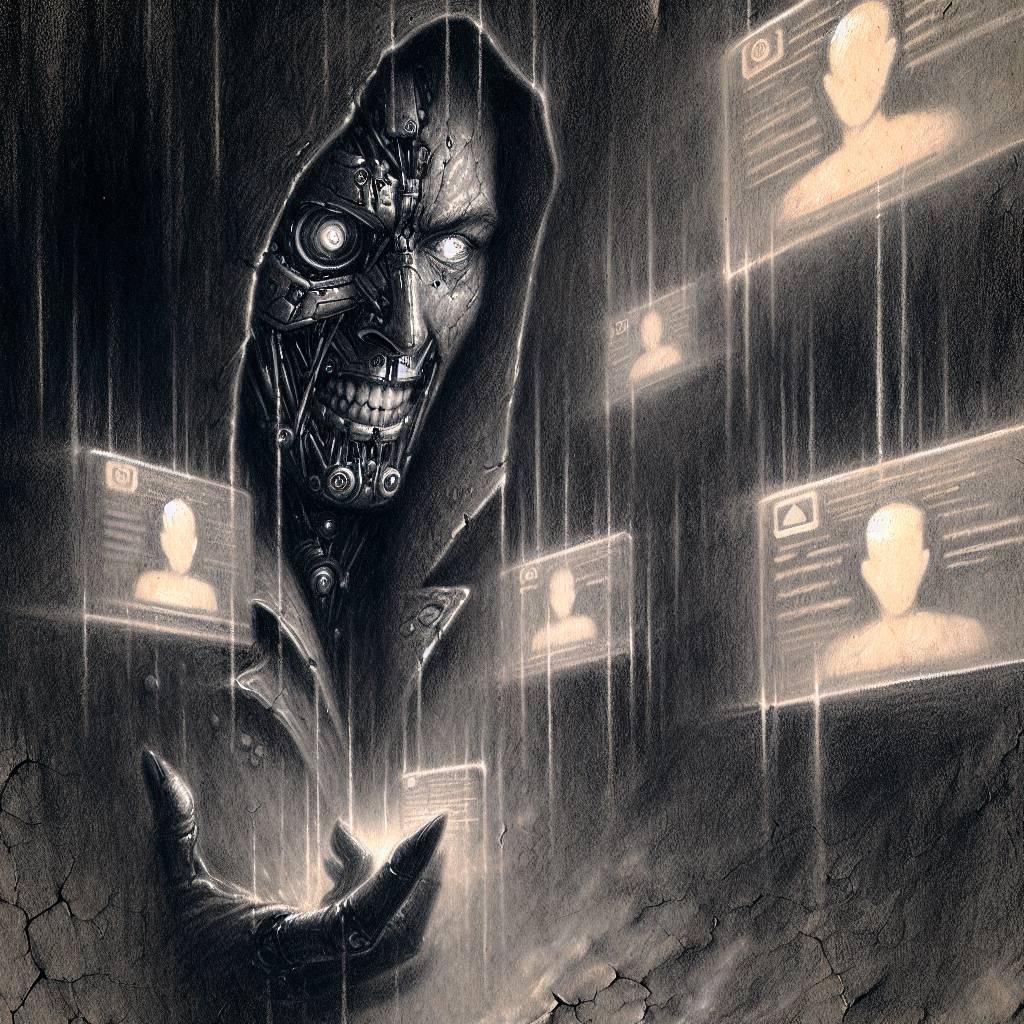Beware: Sophisticated Phishing Attack Exploits Microsoft Teams with AI Voice Cloning!
Sophisticated phishing attacks using vishing and DLL sideloading have been discovered, exploiting Microsoft Teams and Quick Assist. Ontinue’s Cyber Defence Centre highlights the attackers’ cunning, even using AI-powered voice cloning. As phishing sophistication grows, experts stress AI-powered tools for real-time visibility and monitoring to counter these evolving social engineering threats.

Hot Take:
In a plot twist worthy of a cyber-thriller, hackers have started using Microsoft Teams for more than just awkward meetings and passive-aggressive emoji exchanges. Grab your popcorn, because this one’s a multi-stage, AI-powered rollercoaster!
Key Points:
- Hackers are exploiting Microsoft Teams and Quick Assist for initial access using vishing.
- The attack involves sideloading a malicious DLL file to gain persistence.
- Threat group Storm-1811 is suspected but not confirmed as the culprit.
- AI plays a significant role in modern phishing attacks, including voice cloning.
- Experts recommend AI-based tools and multi-layered defenses to combat these threats.
Already a member? Log in here
